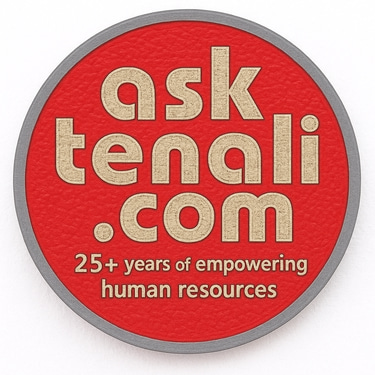Ace Your Citations & Avoid Plagiarism: A Global Student's Guide
Unveil the mysteries of citation & avoid plagiarism pitfalls! Master referencing styles & ethical research practices for academic success abroad. Conquer your #StudyAbroad goals with confidence!
Asktenali
5/21/20242 min read
#AcademicIntegrity #PlagiarismPrevention #CitationStyles #InternationalStudent #StudyAbroadSuccess #CitationMachine #InternationalEducation #Turnitin #SourceCredibility #EthicalResearch #OriginalThinking #CriticalThinkingSkills #AcademicExcellence
Unveil the mysteries of citation & avoid plagiarism pitfalls! Master referencing styles & ethical research practices for academic success abroad. Conquer your #StudyAbroad goals with confidence!
Academic Integrity & Plagiarism: A Global Student's Guide to Success
The world of academic research can be exciting, but navigating citation styles and avoiding plagiarism can be daunting for international students. Fear not, future academic stars! This comprehensive Q&A tackles the top 10 questions on academic integrity, empowering you to confidently reference your sources, showcase your own ideas, and excel in your studies.
Top 10 Academic Integrity & Plagiarism Concerns for Global Students:
1. What is plagiarism and why is it important to avoid it?
Plagiarism is presenting someone else's work as your own, intentionally or unintentionally. It undermines academic integrity, the foundation of trust and originality in research.
2. How do citation styles differ between countries?
Common citation styles include APA, MLA, and Chicago. Universities often have preferred styles, so always check with your instructor for specific requirements.
3. What are the best practices for properly citing sources?
Accurately record bibliographic information (author, title, publication date, etc.) of all sources you use.
Use a citation management tool like Zotero or Mendeley to organize and format your references.
Follow the specific guidelines of your chosen citation style (e.g., APA, MLA) for in-text citations and reference lists.
4. How can I avoid unintentional plagiarism?
Paraphrase information in your own words, giving credit to the original source.
Use quotation marks for any direct quotes from another source.
Clearly distinguish your own ideas from those of others when summarizing or referencing.
5. What are some common plagiarism detection tools used by universities?
Turnitin is a widely used software that compares student work to a vast database of sources to identify potential plagiarism.
6. What are the consequences of plagiarism for international students?
Consequences can range from failing an assignment to expulsion from the university. It can also jeopardize your academic future and visa status.
7. Where can I find resources to learn more about academic integrity?
Your university's writing center or library often provide resources and workshops on citation and plagiarism prevention.
Online resources from reputable organizations like the International Center for Academic Integrity (ICAI) offer valuable guidance.
8. How can I ensure I understand proper citation practices in my new academic environment?
Discuss citation expectations with your professors during the first week of class.
Utilize university resources like writing center workshops or online tutorials on specific citation styles.
Don't hesitate to ask for clarification if you're unsure about referencing a particular source.
9. How can I cultivate a strong foundation in ethical research practices?
Develop the habit of taking detailed notes while researching, including source information.
Seek guidance from your professors or librarians on how to effectively analyze and integrate sources into your work.
Focus on developing your critical thinking skills and building a strong understanding of the subject matter.
10. How can I approach academic integrity with confidence as a global student?
Remember, academic integrity is about honesty, originality, and showcasing your unique contribution to knowledge. By seeking clarity, utilizing resources, and practicing ethical research habits, you'll be well on your way to academic success!
